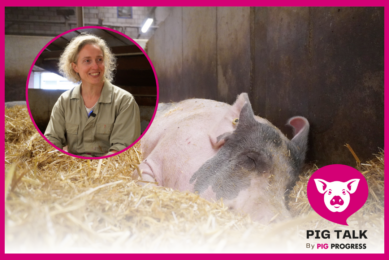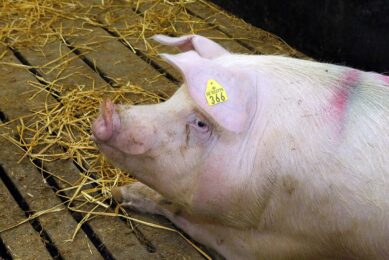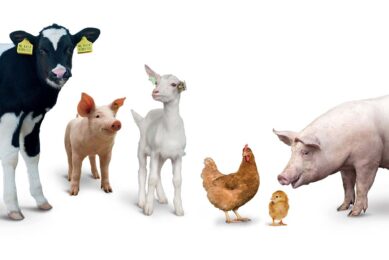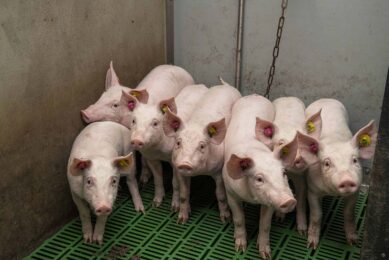Beating the heat
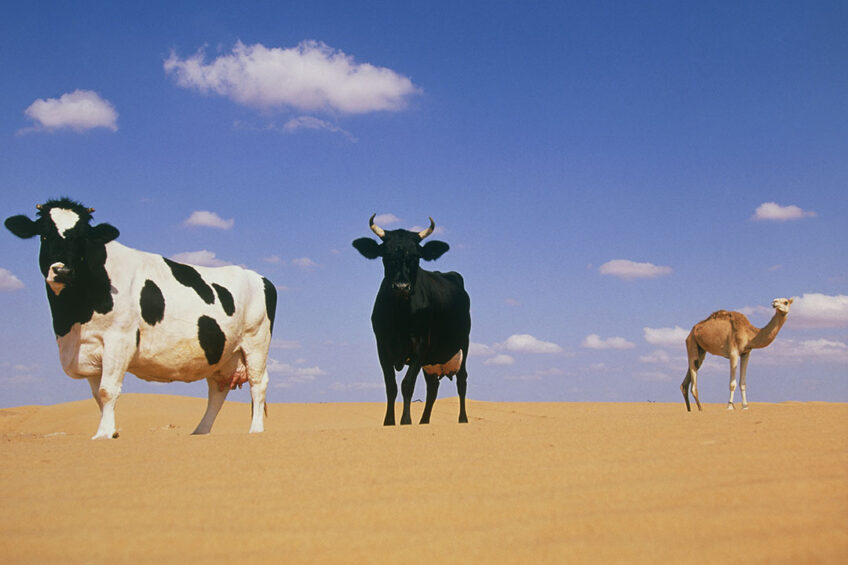
Livestock can survive in the harshest of climates, but often there is a trade off when it comes to performance.
2 domestic cows (Bos taurus) and a dromedary camel (Camelus dromedarius) in the desert of Dubai cope fine with the heat, but can’t secure ample food supply for the region. For that Holstein, Jersey an Guernsey cattle are imported from abroad, together with tons of technology to keep them cool.
Automation makes sure that milking cows stay at the perfect temperature of 23oC, with outside temperatures peaking as high as 50oC. The most crucial ingredient for successful dairy production in hot climates is of course water. Despite the Arabian peninsula having the precious commodity available in underground aquifers, there are worries on the rate of depletion.



